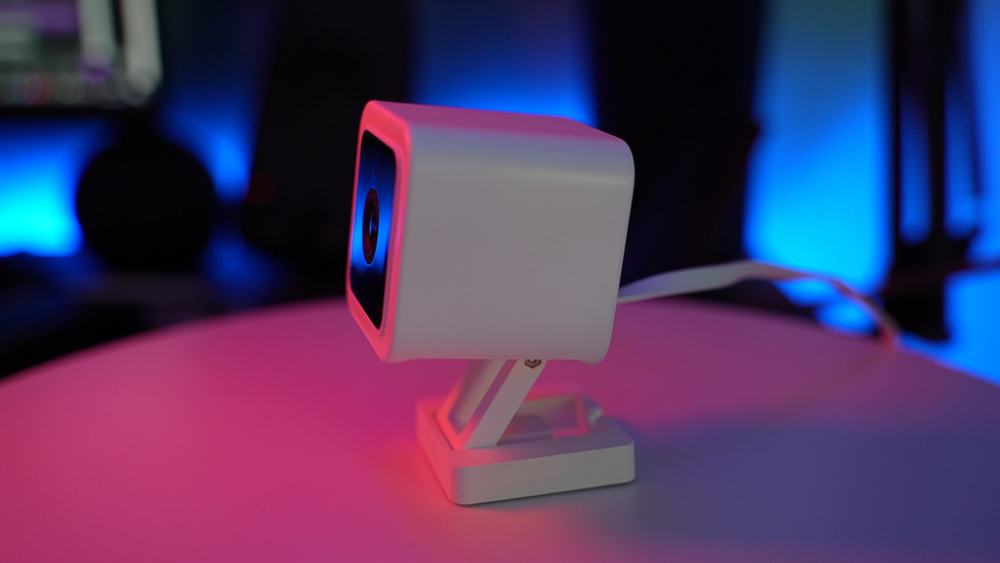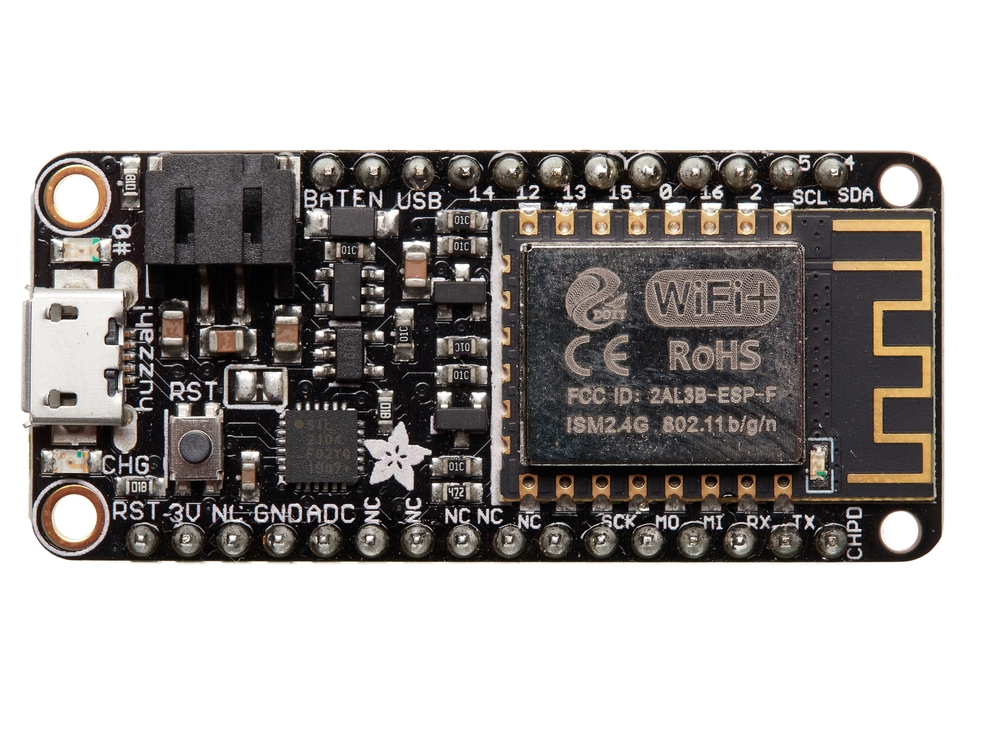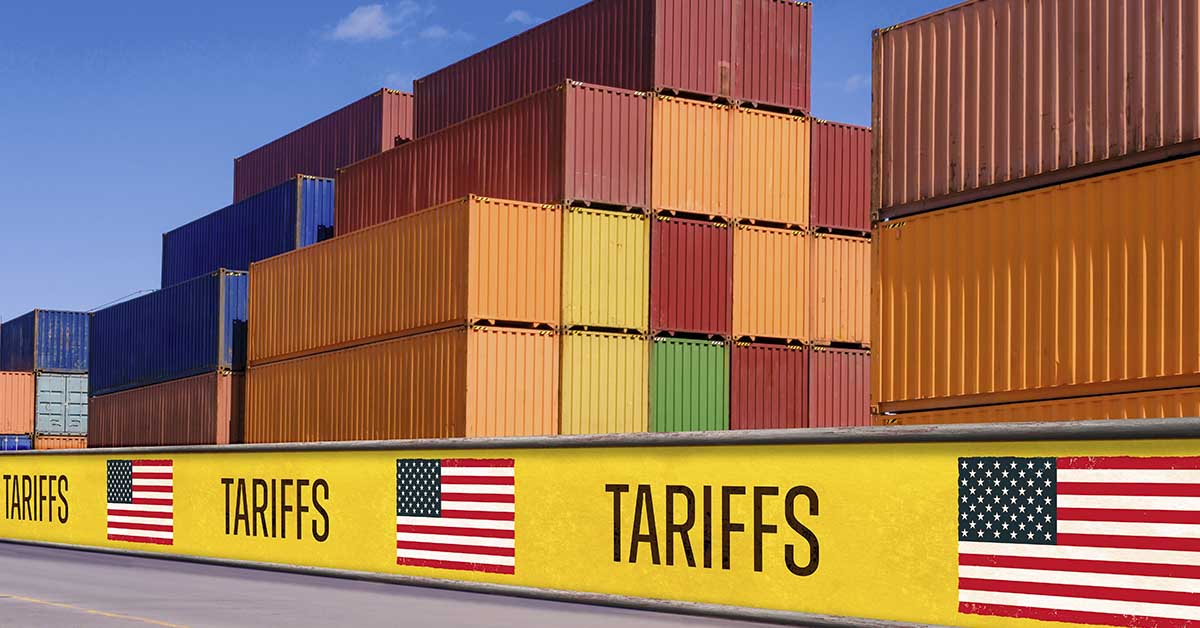Trump’s new tariffs just kicked in, and Americans are already feeling the effects. From electronics to luxury items, import charges are spiking prices in unexpected ways. People are now sharing their receipts online, revealing surprise fees and massive markups. Many buyers are shocked by the sudden jump in costs for products they used to import affordably. Even secondhand goods aren’t safe anymore. As new import policies roll out, wallets across the country are tightening fast. Whether you’re a small business owner or an average shopper, you might want to think twice before clicking that international “buy now” button. Let’s take a look at what people are seeing on their bills and how tariffs are reshaping everyday spending.
Sticker Shock from Overseas Orders

Many Americans ordering from abroad are getting slammed with new fees. One Reddit user bought a pre-owned wallet from Japan for $80. The tariff? A shocking $83.10. That’s more than the product itself. This kind of surprise is becoming more common, leaving online shoppers frustrated. Customs fees used to be minimal for small packages, but the new tariffs don’t seem to care about price or product age. Even items marked as gifts are getting taxed. Buyers now find themselves budgeting for duties they never had to think about. For frequent importers, the added cost could be enough to stop purchasing altogether. It’s changing the way people shop online.
Wyze Cam Faces a $255K Blow

Smart home tech company Wyze Cam recently paid $255,000 in tariffs and fees to import $167,000 worth of goods. That’s not just a setback, it’s a financial blow. The company now has to absorb those costs or pass them on to customers. Either way, it’s a warning sign for how harsh these tariffs can hit even mid-sized tech businesses. According to the brand, this expense could affect future pricing, product availability, and development timelines. What was once a promising sector for affordable smart devices is now navigating new financial obstacles. If other companies face similar tariffs, we could see prices rise across the entire industry.
Adafruit Gets Slammed with 170% Tariffs

Adafruit Industries, a U.S. electronics manufacturer, is also speaking out. The company says it’s facing tariffs exceeding 170% on some items. These sky-high fees are creating serious cash flow issues. They’ve had to reprice products and slow operations. For a business focused on innovation and education, these tariffs create more barriers than benefits. Adafruit, which supplies parts to students and hobbyists, now fears its products will become inaccessible to many. Educators and DIY tech communities may find fewer affordable tools on the market. It’s not just about money, it’s about shrinking opportunities in STEM education and creative tech design.
Consumers Share Their Shock Online

All across Reddit, Facebook, and Twitter, people are posting their receipts. The trend shows that many didn’t expect to pay extra fees on items they’d already purchased. In one case, a buyer paid a $890 tariff on a $524 product. These stories are quickly going viral, as buyers warn others what to expect before checking out. Many users say they would have skipped the purchase if they had known in advance. This sudden shift has turned online shopping into a gamble. Platforms are now flooded with discussions about how to calculate total costs ahead of time, and how to challenge tariffs when they seem unfair.
Read More: 12 Must-Have Foods to Buy Now Before Tariffs Drive Prices Up
Medical Equipment Costs on the Rise

The healthcare industry isn’t exempt. Medical suppliers report rising costs for basic equipment due to tariffs. These added expenses may trickle down to patients, making care more expensive. Providers fear delayed shipments and cost-cutting on critical supplies. In a field where timing matters, tariff delays can have real consequences. Some clinics say they’ve already paused equipment upgrades due to uncertain pricing. Others are preparing for tighter budgets in upcoming quarters. If this trend continues, small healthcare providers may struggle to maintain the same standard of care. Ultimately, patients, not just businesses, could end up paying the price for tariff fallout.
Some Sellers Stop Shipping to the U.S.

Because of the new import fees, several international sellers are halting shipments to the United States. Some can’t afford the new cost structure, while others don’t want to deal with the extra paperwork. This is already limiting options for American buyers. It may also lead to stock shortages and longer delivery times. For niche hobbyists or collectors, this can mean losing access to rare items altogether. Businesses that rely on overseas components might also be forced to find new suppliers or raise prices. In the end, reduced supply can shrink choices for both sellers and consumers, and the tariffs are at the root of this shift.
Furniture Industry Takes a Hit

Outdoor furniture companies are also feeling the pinch. To cover the new tariffs, they’re raising prices across the board. One retailer noted their costs jumped almost overnight. As summer approaches, homeowners may have to pay more for that backyard upgrade. It’s one more example of how broad the impact of these policies really is. From cushions to patio sets, products with even partial foreign materials are now subject to steep duties. Customers who budgeted for outdoor improvements are now reconsidering. Meanwhile, domestic manufacturers are racing to meet demand, but supply shortages and price mismatches could slow that shift.
Businesses Brace for Long-Term Effects

Many companies worry this isn’t just a temporary bump. Some fear it marks the start of long-term trade struggles. Higher import costs could shift supply chains or lead to layoffs if businesses can’t adapt. While some may benefit from a push toward domestic production, the adjustment period could be painful. Small and mid-sized enterprises especially lack the capital to make quick changes. They’re left wondering how to remain competitive without losing customers. Some are already revising business plans and rethinking future launches. If tariffs stick around, this may permanently reshape how American companies source, sell, and succeed.
Closing Thoughts

Trump’s tariffs are no longer a talking point; they’re active and affecting real people. From tech companies to weekend shoppers, no one seems immune to the rising costs. As receipts flood social media, they paint a clear picture: this policy shift is hitting hard and fast. Whether you agree with the move or not, one thing’s clear: Americans are already paying the price. In the coming months, the conversation may shift from surprise to strategy. People and businesses alike will need to adapt quickly. And as always, what hits the wallet hardest tends to hit the headlines next.
Read More: Trump’s Tariffs Impact Unexpected Places—Including an Uninhabited Island

